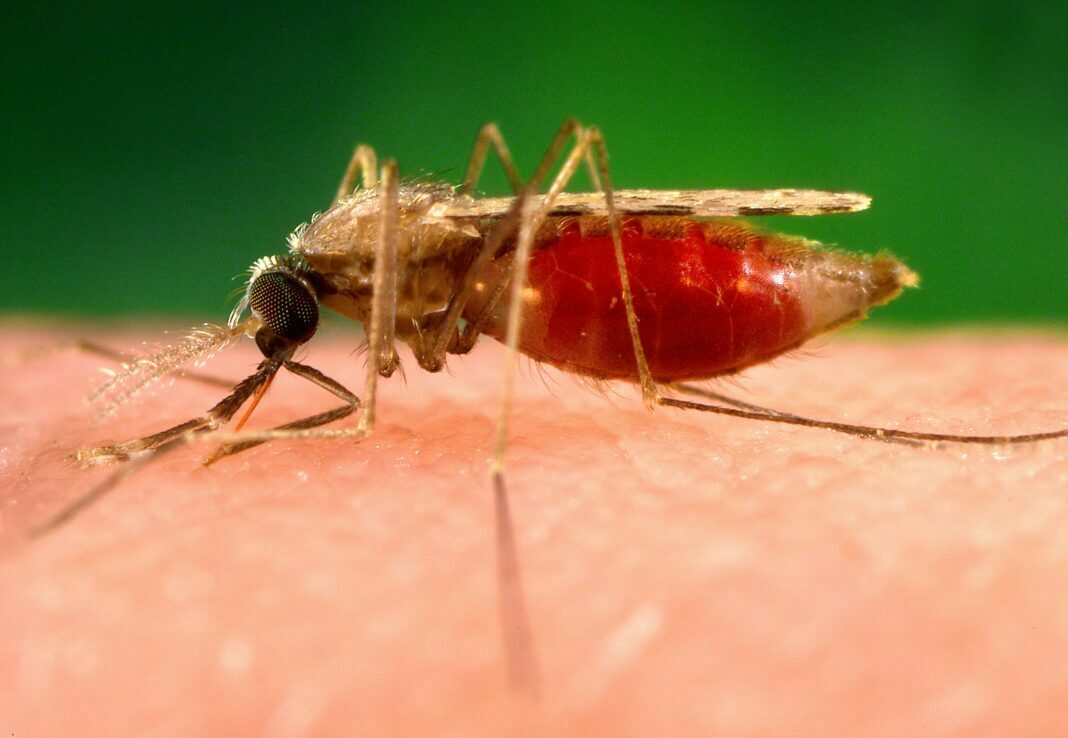Malaria, a life-threatening mosquito-borne disease, has long been a global health concern. While significant progress has been made in reducing malaria cases worldwide, recent reports have raised alarm as the disease resurfaces in the United States after a gap of 20 years. In this article, we delve into the resurgence of malaria in the US, exploring the factors contributing to its return and the potential implications for public health.
The Reemergence of Malaria in the US: Malaria, once thought to be eliminated from the US, has made a worrisome comeback. Several cases of locally transmitted malaria have been reported in different states, including Florida, Texas, and California. This resurgence has caught the attention of public health officials, urging them to investigate the underlying causes and develop effective strategies to contain the spread.
Factors Contributing to the Resurgence: Several factors contribute to the resurgence of malaria in the US. One primary factor is the increase in global travel and migration, allowing infected individuals to enter the country. Additionally, climate change plays a role as rising temperatures and changing rainfall patterns create favorable conditions for mosquito breeding and the spread of malaria. Inadequate mosquito control measures and limited public awareness further exacerbate the situation.
Implications for Public Health: The resurgence of malaria poses significant implications for public health in the US. Malaria is a complex disease that requires timely diagnosis and appropriate treatment to prevent severe complications. As healthcare providers and systems adapt to address the resurgence, ensuring access to diagnostic tools, antimalarial medications, and effective prevention strategies becomes crucial. Public health campaigns and educational initiatives must be strengthened to raise awareness about the symptoms, prevention methods, and the importance of seeking timely medical attention.
Strategies to Combat the Resurgence: Efforts to combat the resurgence of malaria in the US must focus on multiple fronts. Enhancing mosquito surveillance and control measures, including mosquito breeding site identification and elimination, insecticide spraying, and community-based interventions, are essential. Additionally, healthcare providers should be trained to recognize and diagnose malaria cases promptly, ensuring access to appropriate treatment and management. Collaborative efforts between local, state, and federal health agencies, along with community engagement, are vital in curbing the spread of malaria.
Importance of Global Cooperation: Addressing the resurgence of malaria requires global cooperation. Given the interconnected nature of travel and trade, preventing the spread of malaria within the US necessitates international collaboration in surveillance, information sharing, and coordinated response strategies. It is imperative to work closely with countries heavily affected by malaria to enhance prevention efforts and strengthen healthcare systems.
The alarming resurgence of malaria in the United States after a 20-year hiatus demands swift action and collaboration between various stakeholders. By understanding the contributing factors, implementing effective prevention and control measures, and promoting public awareness, we can mitigate the impact of malaria on public health. The reemergence of this disease serves as a reminder that continuous vigilance, research, and resource allocation are essential in combating malaria on both a local and global scale.



